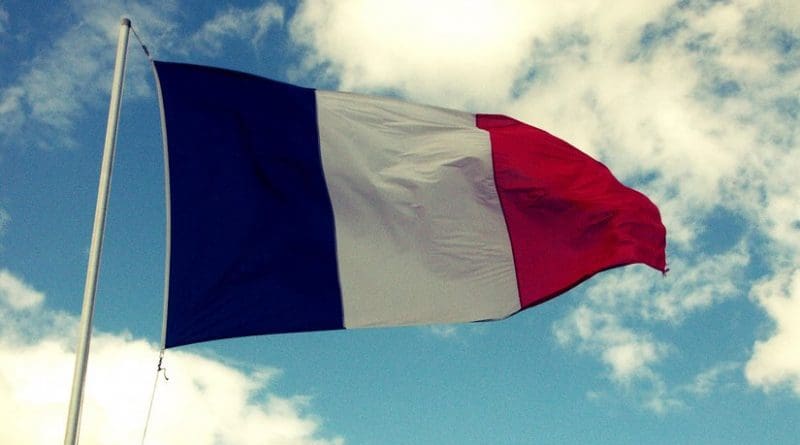France Prepares To Shut Down Border With Italy
By EurActiv
The Italian government gave its green light yesterday (7 April) to a decree allowing economic migrants from Tunisia to move freely throughout the Schengen area for a three-month period. France said it could re-establish border controls.
Italian Home Affairs Minister Roberto Maroni said a temporary permit would be granted to economic migrants who show an interest in going to another EU country.
“Permits will not be granted to migrants who are socially dangerous and to those who have received an expulsion order,” said Maroni at a press conference yesterday in Rome.
As Maroni himself underlined, most of the migrants are expected to head to France, where a significant Tunisian community is already well-established. Others are also likely to move to Germany.
“We doubt the legality of these permits. In the worst case we could re-erect the border with Italy, in line with the Schengen agreement. We will ask the [European] Commission to examine the legality of these permits,” a French diplomat told journalists yesterday.
Indeed, the Schengen agreement allows a member country to temporary re-establish border controls with a neighbouring Schengen member in case of threats to public order.
However, such measures should only be short in duration, for example to prevent football hooligans from attending a match.
Last Friday (1 April) EU Home Affairs Commissioner Cecilia Malmström said that in order to make use of its extraordinary provision, France should evoke a serious threat to public order. “But this is not the case here,” she clearly stated.
Her spokesperson Marcin Grabiec said yesterday that EU countries were free to issue travel permits to immigrants. But he insisted that they would also need enough money to fund their stay in another member state, which could not exceed three months.
“In the event that these conditions are not met, migrants can be sent back to the member state of origin,” Grabiec said.
Grabiec did not say what would prevent travellers from burning their permits once they have reached their destination in order to avoid being returned to Italy.
The French authorities are currently sending back migrants who try to cross its border from the Italian frontier region of Liguria, on the basis of a bilateral readmission agreement.
A meeting scheduled for today (8 April) between Roberto Maroni and his French counterpart Claude Guéant is expected to be tense.
Italy asks for redistribution of refugees
The Italian diplomatic offensive on immigration issues will continue next week at a Justice and Home Affairs Council on Monday (11 April) in Luxembourg.
“Italy will call for the activation of a temporary protection mechanism for displaced persons,” the Italian Permanent Representative to the EU Ferdinando Nelli Feroci told reporters yesterday in Brussels.
The activation of Mechanism 55/2001 has been already requested by Malta and requires a qualified majority among the 27 EU member states. Commissioner Malmström has expressed support for activating the mechanism. The Socialists & Democrats group in the European Parliament has also backed the idea.
However, those who seek the activation of the mechanism are “far away from having a qualified majority,” a European diplomat told EurActiv.
The mechanism, which has never been used since it was put in place, implies the redistribution of displaced persons among member states.
In the current situation, the measure is seen by some as the best way to deal with a possible new wave of refugees fleeing the Libyan conflict, which could last longer than initially expected.
Immigrants from Tunisia are considered economic migrants and would not trigger the mechanism.
Italy is also restating its requests for greater financial support from the EU and more flexible use of EU funds to tackle the emergency. Structural funds could be redirected to immigration-related needs, said the Italian ambassador.
Another key Italian request is the negotiation of EU agreements with third countries, both of transit and origin, to replace the current bilateral deals aimed at controlling immigration flows.
Up to now, Italy had limited the arrival of immigrants from Africa largely thanks to deals with Muammar Gaddafi.

